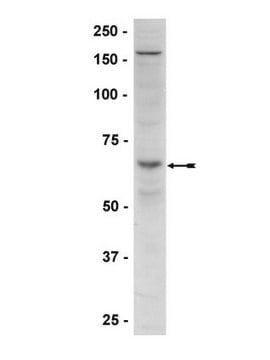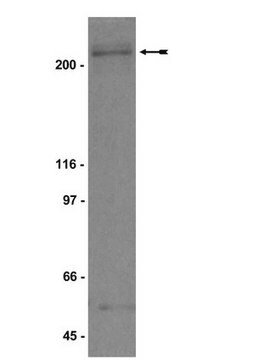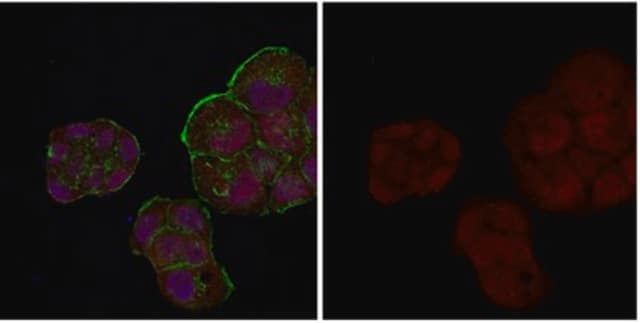07-181
Anti-AMPK α-pan Antibody
Upstate®, from rabbit
About This Item
Productos recomendados
origen biológico
rabbit
forma del anticuerpo
affinity purified immunoglobulin
tipo de anticuerpo
primary antibodies
clon
polyclonal
purificado por
affinity chromatography
reactividad de especies
human, rat
fabricante / nombre comercial
Upstate®
técnicas
western blot: suitable
isotipo
IgG
Condiciones de envío
dry ice
modificación del objetivo postraduccional
unmodified
Información sobre el gen
human ... PRKAA1(5562)
Especificidad
Inmunógeno
Aplicación
Signaling
Insulin/Energy Signaling
Calidad
Descripción de destino
Forma física
Almacenamiento y estabilidad
Nota de análisis
Rat liver preparation
Información legal
Cláusula de descargo de responsabilidad
¿No encuentra el producto adecuado?
Pruebe nuestro Herramienta de selección de productos.
Código de clase de almacenamiento
10 - Combustible liquids
Clase de riesgo para el agua (WGK)
WGK 1
Certificados de análisis (COA)
Busque Certificados de análisis (COA) introduciendo el número de lote del producto. Los números de lote se encuentran en la etiqueta del producto después de las palabras «Lot» o «Batch»
¿Ya tiene este producto?
Encuentre la documentación para los productos que ha comprado recientemente en la Biblioteca de documentos.
Nuestro equipo de científicos tiene experiencia en todas las áreas de investigación: Ciencias de la vida, Ciencia de los materiales, Síntesis química, Cromatografía, Analítica y muchas otras.
Póngase en contacto con el Servicio técnico








